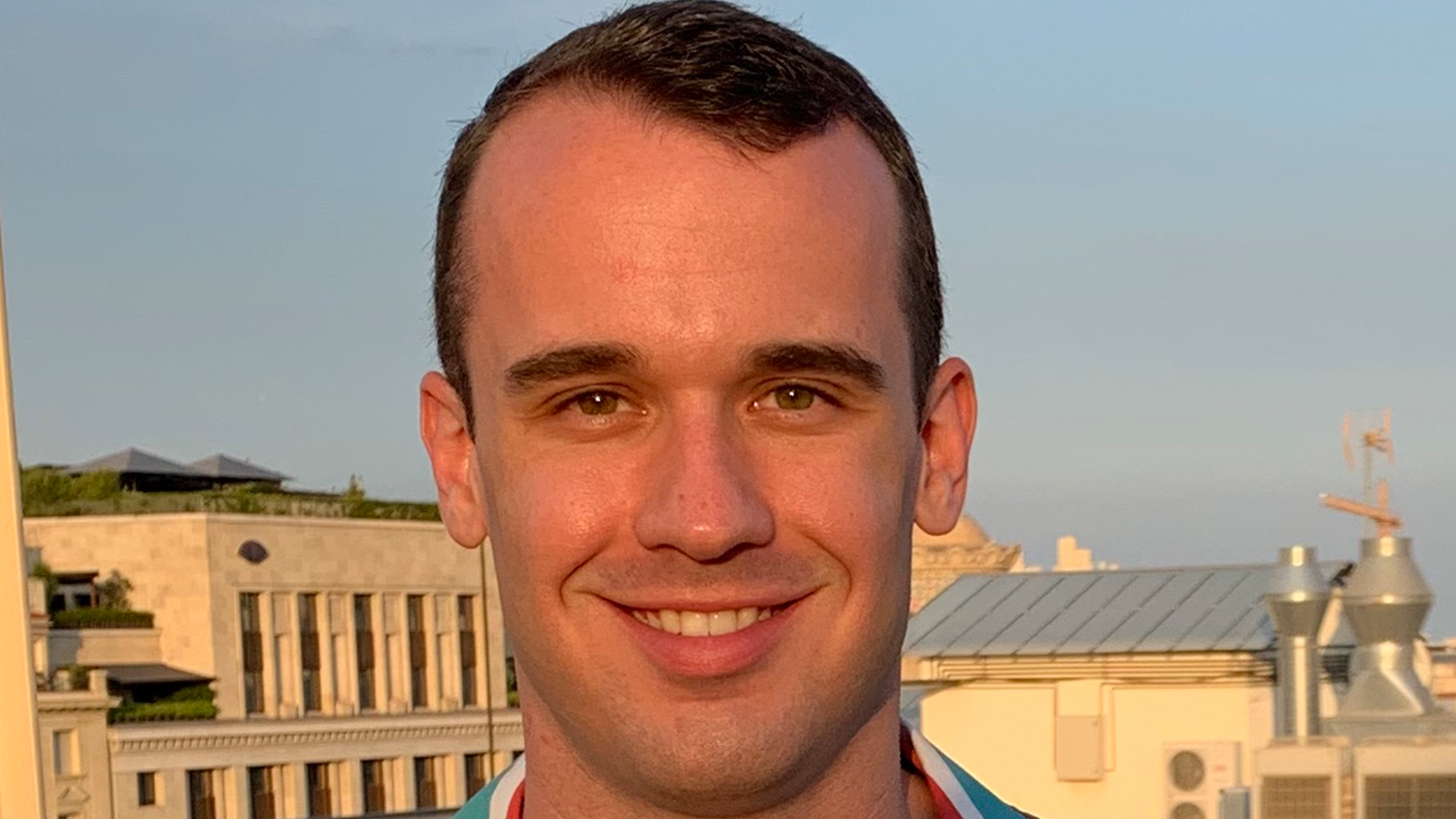Meet Michael Little: ‘I Was Very Impressed with NC State’s Commitment to Conduct Research to Directly Benefit the People of North Carolina’

Why did you choose the NC State College of Education?
The NC State College of Education has a stellar reputation with many of the nation’s leading scholars of education and wonderful students. As someone committed to conducting engaged research to benefit local communities, I was very impressed with NC State’s commitment as a land-grant institution to conduct research to directly benefit the people of North Carolina. This is especially true because I am a native North Carolinian who currently lives in Durham, North Carolina.
[spotlight-box label=”” img=”” heading=”Michael Little, Ph.D.” cta=”” url=””]
Title: Assistant Professor of Literacy, Policy Analysis, and Program Evaluation
Education: Ph.D. in Education from the University of North Carolina at Chapel Hill; B.A. in Public Policy Analysis from the University of North Carolina at Chapel Hill
Experience: Researcher, The American Institutes for Research; Graduate Research Assistant, U.S. Department of Education; Research Analyst, RTI International[/spotlight-box]
Why did you choose a career in education?
My interest in a career in education began at the beginning of my undergraduate studies when I was a literacy coach with the AmeriCorps. Working with pre-K and kindergarten students, I learned first-hand the stark differences in children’s skills at school entry. These differences set children on drastically different educational trajectories that would persist throughout their educational careers and lives. This experience instilled in me a commitment to improve children’s early educational outcomes and specialize in Pre-K through third grade (P-3) education policy.
Why did you decide to pursue a Ph.D.?
After getting a taste of education policy research as a research analyst at RTI International, where I worked after I graduated from college, I realized I wanted to conduct my own research studies. I needed to go to graduate school to acquire the toolkit of research skills necessary to design rigorous studies that could provide relevant and actionable evidence to stakeholders in the early childhood education sphere.
What are your research interests and what sparked your interest in that topic(s)?
My research is focused on Pre-K to third grade (P-3) education policy. The education subfield of P-3 education is rooted in the promise of high-quality early childhood education for improving student outcomes. However, for early education programs, like Pre-K, to have sustained positive impacts, the entire early educational continuum in the early grades must be aligned and coherent. As such, I am interested in understanding the ways that the early elementary grades — including teachers’ practices and the content of instruction — is vertically aligned and builds on the gains that students made in Pre-K. The AmeriCorps experience is what sparked my interest in this sphere.
What is one research project or moment in your academic career that you are particularly proud of?
My dissertation research focused on the physical location of pre-K programs in North Carolina. In this study, I explored differences in the extent to which pre-K programs were aligned with the elementary grades in center-based and school-based pre-K settings. At the conclusion of this project, I was invited to present my findings at the North Carolina Birth Through Third Grade Interagency Council, which included a group of key stakeholders in the state working to boost alignment across the early grades. I was proud to have the opportunity to share my research findings with those who most needed the information and were in the best position to act on the evidence to improve educational outcomes for students.
What is your teaching philosophy
There are a couple of key principles I maintain in my teaching approach. First, I endeavor to provide students with in-depth and continuous feedback. I like to structure course assignments that progress throughout the entire semester that enable me to have multiple touch points with the student throughout the course. I am also a strong believer in being flexible and tying students’ assignments to the things that brought them to the College of Education in the first place. For example, if teaching different theories of policy development, then I would ask students to focus on a policy area in education that is most interesting to them rather than choosing a particular topic for them.
What do you hope your students learn from you?
There are two things that I hope students learn from me. The first is how to be a strong writer who can make convincing arguments through their prose. Particularly for doctoral students, writing is the primary mode that we use to communicate our ideas and findings. The second thing that I hope students learn from me is the ability to critically assess bodies of evidence on topics in education. I want to help students assess all of the available evidence on important topics of education and be guided by that evidence rather than other things, like ideology or anecdotal experiences.
What do you think makes someone an “extraordinary educator?”
When you ask someone who their favorite or best teacher was, most people have one or two people that instantly come to mind. I think of Ms. Ross, my high school civics teacher. What made Ms. Ross an extraordinary educator? I think a key part of it is that she made a real human connection that tied me to the subject matter. She helped me see how my life connected to what we were learning and how I had the power to do something about the issues under consideration. I think this is critical. At NC State, we want our students to “Think and Do”. Extraordinary educators focus on that second word — showing students what they can Do with their new knowledge.
- Categories:


